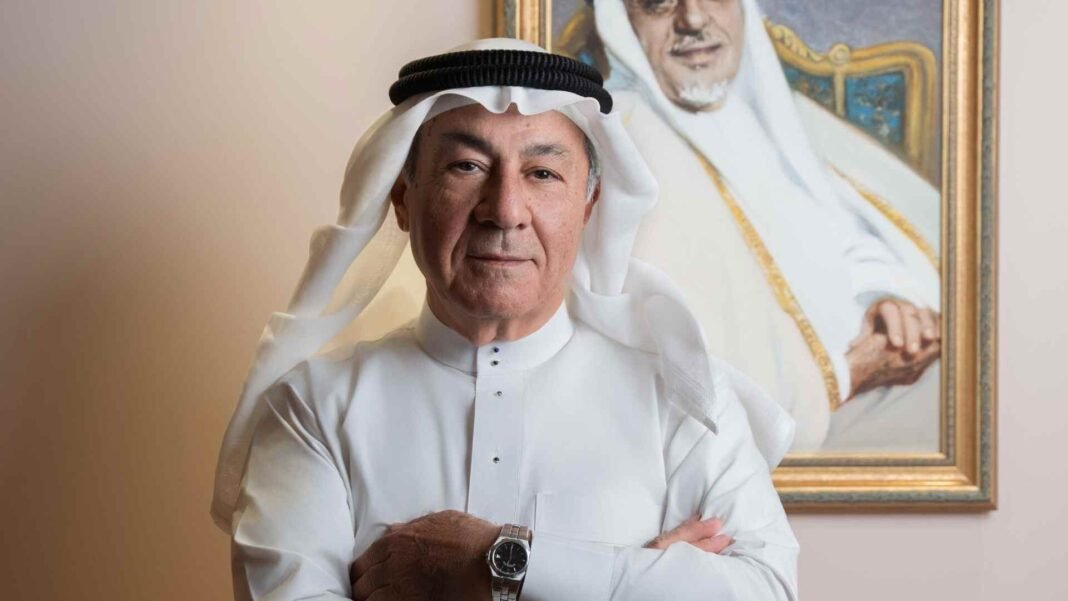In a region rapidly embracing generative AI from Saudi’s Humain initiative to UAE’s AI universities soft skills are becoming the linchpin of effective leadership. While algorithms crunch data and drive efficiency, it’s emotional intelligence, adaptability, and ethical judgment that set Gulf leaders apart.
1. Communication & Emotional Intelligence
AI-powered HR tools like Pymetrics and XOR.ai are handling candidate screening across the GCC. But who nurtures team trust, navigates cultural nuance, and provides human feedback? It’s the leaders. Gulf-based companies are finding that seamless integration of AI requires humans who listen, empathise, and connect skills machines simply can’t replicate.
2. Adaptability & Critical Thinking
Harvard research shows that critical thinking and communication may matter even more than technical know-how in the AI age. In the Gulf, where governments and private sector partners race toward AI adoption, leaders must make savvy decisions amid rapid change. They must challenge flawed AI outputs, ask the right questions, and steer teams through uncertainty.
3. Ethical Judgment & Cultural Sensitivity
McKinsey highlights the GCC’s ethics discussions around AI, such as the UNESCO-aligned Gulf AI Ethics initiative. With tools like Humain Saudi Arabia’s new AI champion Gulf leaders face complex questions: Are their AI systems transparent? Do they respect privacy? This ethical compass comes from deep soft skills not code.
Real-world Gulf examples: soft skills powering AI success
Abu Dhabi’s MGX fund dedicates weekly employee workshops to teach generative AI literacy humans and machines learning side-by-side. These sessions are not just technical they encourage open dialogue, curiosity, and collective problem-solving. That human-first culture wins trust and accelerates adoption.
Microsoft in the UAE integrated GPT models into their services but only after leaders ensured cross-functional teams understood both the tech and its impact on customer experience . The result? Enhanced service without losing personal touch.
AI shifts but soft skills never fade
A recent Financial Times article confirms the global story AI isn’t eliminating jobs so much as reshaping them, pushing humans to focus on judgment, creativity, empathy. In the Gulf, this means cultivating leaders who can work with AI not hand everything over to it.
Practical steps for Gulf organisations:
- Blend AI upskilling with soft-skills training. Use platforms like Udemy Role Play to simulate real-world scenarios.
- Adopt skills-based hiring. Trust in emotional intelligence, adaptability, and communication areas where soft skills shine in AI-augmented roles.
- Launch AI centres of excellence staffed by interdisciplinary teams technical, business, HR who model collaboration, resilience, and conflict resolution .
Gulf leadership in the AI era
Leaders in Gulf countries must balance digital transformation with human-centric leadership. AI tools are rapidly becoming colleagues managing tasks, analyzing trends, automating workflows. But they cannot replace soft skills like active listening, ethical judgment, adaptability, and empathy.
In fact, these people-centric traits are not just “nice-to-haves” they’re essential. As Gulf organisations pivot from oil to knowledge economies, those who master both AI and emotional intelligence will lead the pack.
soft skills = Gulf competitive advantage
The takeaway is clear AI is rewriting job descriptions, but it’s also elevating the importance of human strengths. Gulf leaders who invest in soft skills especially in communication, critical thinking, and ethics will unlock the full potential of AI in their organisations. In this shifting landscape, soft skills aren’t just valuable they’re irreplaceable.




